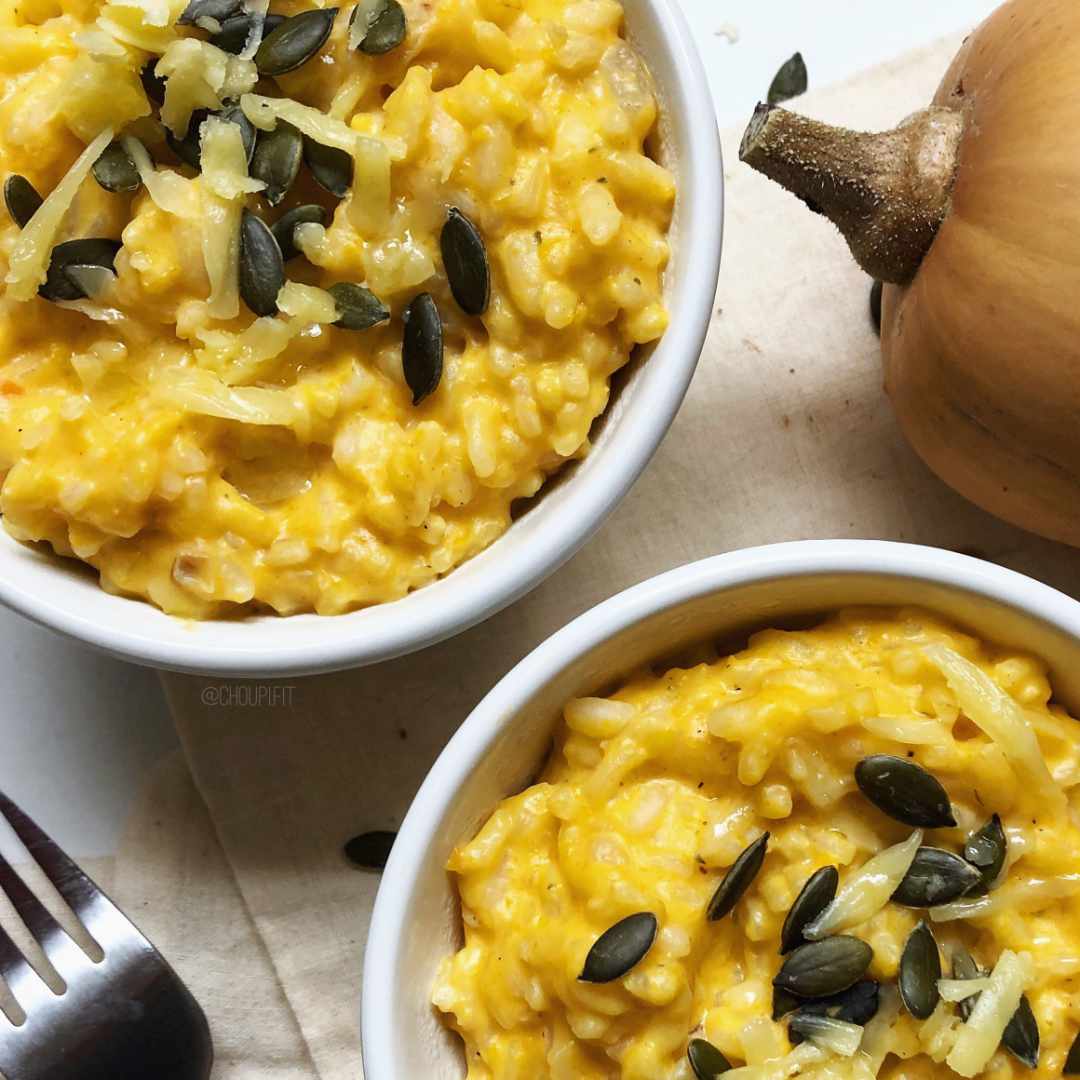Risotto, a classic Italian dish, is loved for its creamy texture and rich flavors. However, many people often wonder about its health implications. Is risotto healthy? This question arises frequently, especially for those who are conscious of their dietary choices. Understanding the ingredients typically used in risotto and how they affect our health can help us answer this question more comprehensively.
Traditionally, risotto is made using Arborio rice, which is known for its high starch content and ability to absorb liquids. While this gives risotto its signature creaminess, it also raises concerns about carbohydrate content and calorie levels. But is risotto healthy? The answer may depend on how it's prepared and what ingredients are added. The type of broth, the use of fats, and the addition of vegetables or proteins can significantly change the dish's nutritional profile.
In recent years, risotto has evolved to accommodate various dietary preferences and health trends. From incorporating whole grains to using vegetable broth and adding nutrient-rich ingredients, there are many ways to make this dish more healthful. So, let’s dive deeper into the ingredients and preparation methods that can determine whether risotto is a healthy option for your meals.
What Are the Main Ingredients of Risotto?
To determine if risotto is healthy, it’s important to understand its primary ingredients:
- Arborio Rice: This short-grain rice is the base of risotto and is high in carbohydrates.
- Broth: Typically chicken or vegetable broth is used, which can vary in sodium content.
- Fat: Butter and cheese are commonly added for creaminess, contributing to calorie count.
- Add-ins: Vegetables, proteins, and herbs can enhance the nutritional value.
Is Risotto High in Calories?
One of the most pressing questions when considering whether risotto is healthy is its calorie content. A standard serving of risotto can range from 300 to 600 calories, depending on the ingredients used. Here are some factors that influence calorie density:
- Use of butter and cheese increases calories significantly.
- Adding proteins like chicken or seafood can also boost calorie count.
- Incorporating vegetables generally adds fewer calories while increasing nutrients.
Can Risotto Be Made Healthier?
Yes, risotto can be made healthier with some adjustments:
- Opt for whole grain rice or quinoa for added fiber.
- Use low-sodium broth to reduce salt intake.
- Incorporate a variety of vegetables for vitamins and minerals.
- Limit the amount of butter and cheese or use healthier alternatives.
What Nutrients Does Risotto Provide?
When considering the question, "Is risotto healthy?" it's essential to look at the nutrients it offers:
- Carbohydrates: Provides energy, but moderation is key.
- Protein: If you add chicken, seafood, or beans, you'll increase protein content.
- Vitamins and Minerals: Adding vegetables can provide a range of vitamins and antioxidants.
Are There Any Health Benefits of Risotto?
Despite its calorie content, risotto can offer several health benefits:
- Comfort Food: Risotto is often considered comfort food, which can have psychological benefits.
- Flexible Meal: It can be adapted to various dietary needs, making it versatile.
- Source of Energy: The carbohydrates provide a good energy source, particularly for active individuals.
Is Risotto Suitable for Special Diets?
This dish can be adapted for various dietary preferences:
- Vegetarian: Use vegetable broth and skip meat.
- Vegan: Substitute dairy with plant-based options.
- Gluten-Free: Use gluten-free grains or rice.
How Can One Prepare a Healthier Version of Risotto?
To create a healthier risotto, consider these tips:
- Start with a base of sautéed onions and garlic for flavor without excess fat.
- Use whole grain rice or barley for added fiber.
- Add plenty of seasonal vegetables to boost nutrients.
- Finish with a drizzle of olive oil instead of butter and cheese for healthy fats.
What Are Some Popular Risotto Variations?
Here are some delicious and healthy variations of risotto:
- Vegetable Risotto: Loaded with seasonal veggies such as asparagus, mushrooms, and peas.
- Seafood Risotto: Incorporates shrimp or scallops for added protein and flavor.
- Mushroom Risotto: Rich in umami flavor, using various types of mushrooms.
- Spinach and Feta Risotto: A great way to add greens and a tangy twist.
Conclusion: Is Risotto Healthy?
In conclusion, the answer to the question “Is risotto healthy?” largely depends on how it is prepared and the ingredients used. With smart substitutions and mindful preparation, risotto can be transformed into a nutritious dish that fits well into a balanced diet. Whether you enjoy it as a comforting meal or as part of a fine dining experience, risotto can be a delicious and healthful addition to your culinary repertoire.
You Might Also Like
Exploring The Depths Of Existence: Dead Life QuotesSimple Delights: The Art Of Few Ingredient Meals
Exploring The Depths Of Moros In Greek Mythology
Discovering The Life Of A Plant With Roots
Understanding Proofreader Rates In Business: A Comprehensive Guide
Article Recommendations
- Peachykai
- Zhao Lusi Age
- Diddy List
- Tom Hughes Partner
- James Anderson American Actor
- Sabrina Carpenter Weight Height
- Cancer Weekly Horoscope
- Gomyfinance Com Saving Money
- Eddie Levert
- Is Jenna Fischer Married


